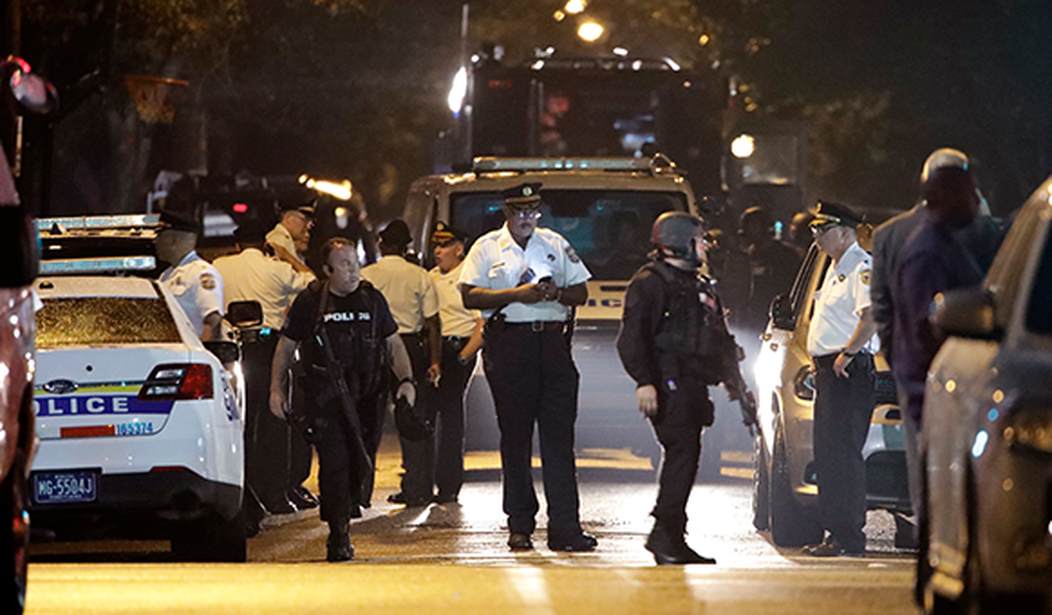The City of Brotherly Love isn’t living up to its name these days. There’ve been more than three shootings a day on average, and homicides are expected to reach 300 before year’s end. The gang members driving the crime in Philadelphia aren’t just killing themselves. They’re destroying innocent lives as well. In the span of one week, an 11-month old was shot four times while in a car that police believe was targeted. He’s expected to survive, but will likely be a quadriplegic, according to doctors. The next day, a two-year old was killed by individuals who were targeting the North Philadelphia home where she lived.
Mayor Jim Kenney tried to blame the murders on a flood of weapons pouring into Philadelphia “like a river.”
“Outraged, disgusted, and heartbroken by the violence this weekend that claimed the life of an innocent 2-year-old and left another infant fighting for his life,” Kenney tweeted Sunday. “Philadelphians should not live in fear of violence that could take away a child’s life. But for too many, this is a sad reality. With the unabated flow of illegal guns and drugs, we must do whatever we can locally to address violence and help residents.”
It wasn’t “violence” that killed this young girl and left a toddler with lifelong injuries. There were human beings who pointed a gun and pulled the trigger. Mayor Kenney can impotently rage against guns, call for more laws that gang members will ignore, and express more antipathy towards legal gun owners than the gang members causing such misery in neighborhoods across Philadelphia, but that’s not going to a damn thing to make the city any safer.
State Rep. Movita Johnson-Harrell, on the other hand, is at least willing to recognize that the answer to quelling the city’s violence starts with actually dealing with the individuals who are causing it, not just blaming guns (though she’s in favor of plenty of gun control proposals too).
She is aiming to reinstate a pilot program used from 2013 to 2015 in which positive peer pressure and social services were brought together in a way that she said managed to reduce gun violence in the city.
First, “those who are more likely to kill or be killed” are identified through parole and probation and brought in to be dissuaded from violence, Johnson-Harrell said.
Second, the model addresses social factors, including poverty and a lack of jobs and education, by offering access to drug and alcohol treatment, mental health treatment, education and job training, she said.
Johnson-Harrell said the state’s house and senate have “made a financial commitment” to the new program and now the city must determine how it could be initiated.
Programs like these can be helpful in turning lives around and giving these young men an opportunity to enter civil society before they enter the criminal justice system, but they’re only part of the solution. What happens when a young man decides not to take advantage of these opportunities and continues on with a life of crime? Unless there is strict and targeted enforcement of the violent offenders who don’t avail themselves of the programs and social services, the crime is likely to continue. Help is absolutely needed, but consequences are absolutely necessary.









Join the conversation as a VIP Member